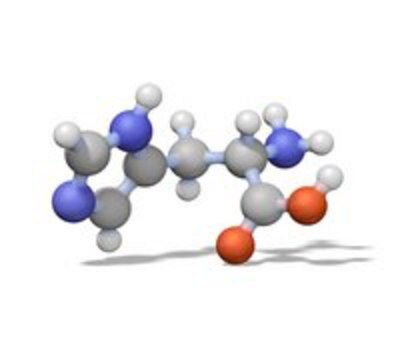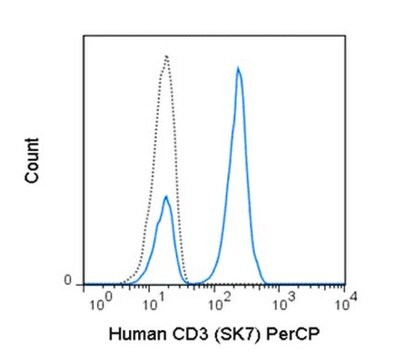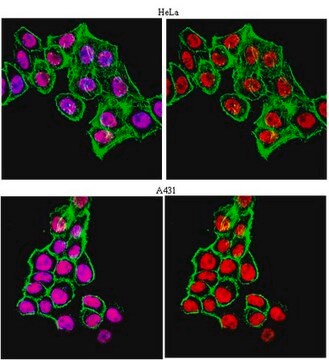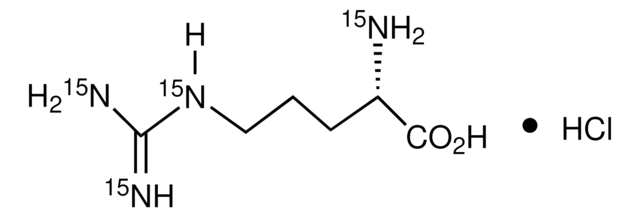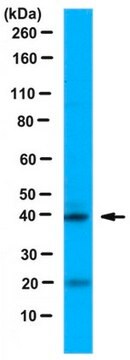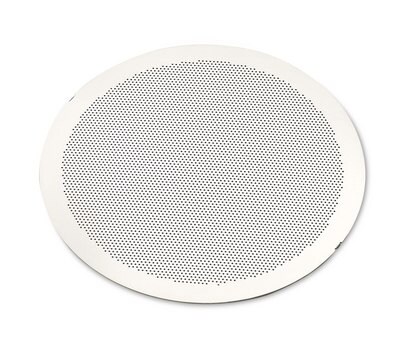05-988
Anti-Pras40 Antibody, Clone 73P21
clone 73P21, Upstate®, from mouse
Synonym(e):
40 kDa proline-rich AKT substrate, AKT1 substrate 1 (proline-rich), proline-rich Akt substrate, 40 kDa
About This Item
Empfohlene Produkte
Biologische Quelle
mouse
Antikörperform
purified immunoglobulin
Antikörper-Produkttyp
primary antibodies
Klon
73P21, monoclonal
Speziesreaktivität
human
Hersteller/Markenname
Upstate®
Methode(n)
immunoprecipitation (IP): suitable
western blot: suitable
Isotyp
IgG1
NCBI-Hinterlegungsnummer
UniProt-Hinterlegungsnummer
Versandbedingung
wet ice
Posttranslationale Modifikation Target
unmodified
Angaben zum Gen
human ... AKT1S1(84335)
Allgemeine Beschreibung
Spezifität
Immunogen
Anwendung
Epigenetik & nukleäre Funktionen
PI3K-, Akt-, & mTOR-Signalübertragung
Qualität
Western Blot Analysis:
A 0.1-1.0 µg/mL dilution of this lot detected PRAS40 in RIPA lysates of HeLa cells.
Zielbeschreibung
Physikalische Form
Lagerung und Haltbarkeit
Handling Recommendations:
Upon first thaw, and prior to removing the cap, centrifuge the vial and gently mix the solution. Aliquot into microcentrifuge tubes and store at -20°C. Avoid repeated freeze/thaw cycles, which may damage IgG and affect product performance.
Hinweis zur Analyse
RIPA lysates of HeLa cells.
Sonstige Hinweise
Rechtliche Hinweise
Haftungsausschluss
Sie haben nicht das passende Produkt gefunden?
Probieren Sie unser Produkt-Auswahlhilfe. aus.
Lagerklassenschlüssel
12 - Non Combustible Liquids
WGK
WGK 2
Flammpunkt (°F)
Not applicable
Flammpunkt (°C)
Not applicable
Analysenzertifikate (COA)
Suchen Sie nach Analysenzertifikate (COA), indem Sie die Lot-/Chargennummer des Produkts eingeben. Lot- und Chargennummern sind auf dem Produktetikett hinter den Wörtern ‘Lot’ oder ‘Batch’ (Lot oder Charge) zu finden.
Besitzen Sie dieses Produkt bereits?
In der Dokumentenbibliothek finden Sie die Dokumentation zu den Produkten, die Sie kürzlich erworben haben.
Unser Team von Wissenschaftlern verfügt über Erfahrung in allen Forschungsbereichen einschließlich Life Science, Materialwissenschaften, chemischer Synthese, Chromatographie, Analytik und vielen mehr..
Setzen Sie sich mit dem technischen Dienst in Verbindung.